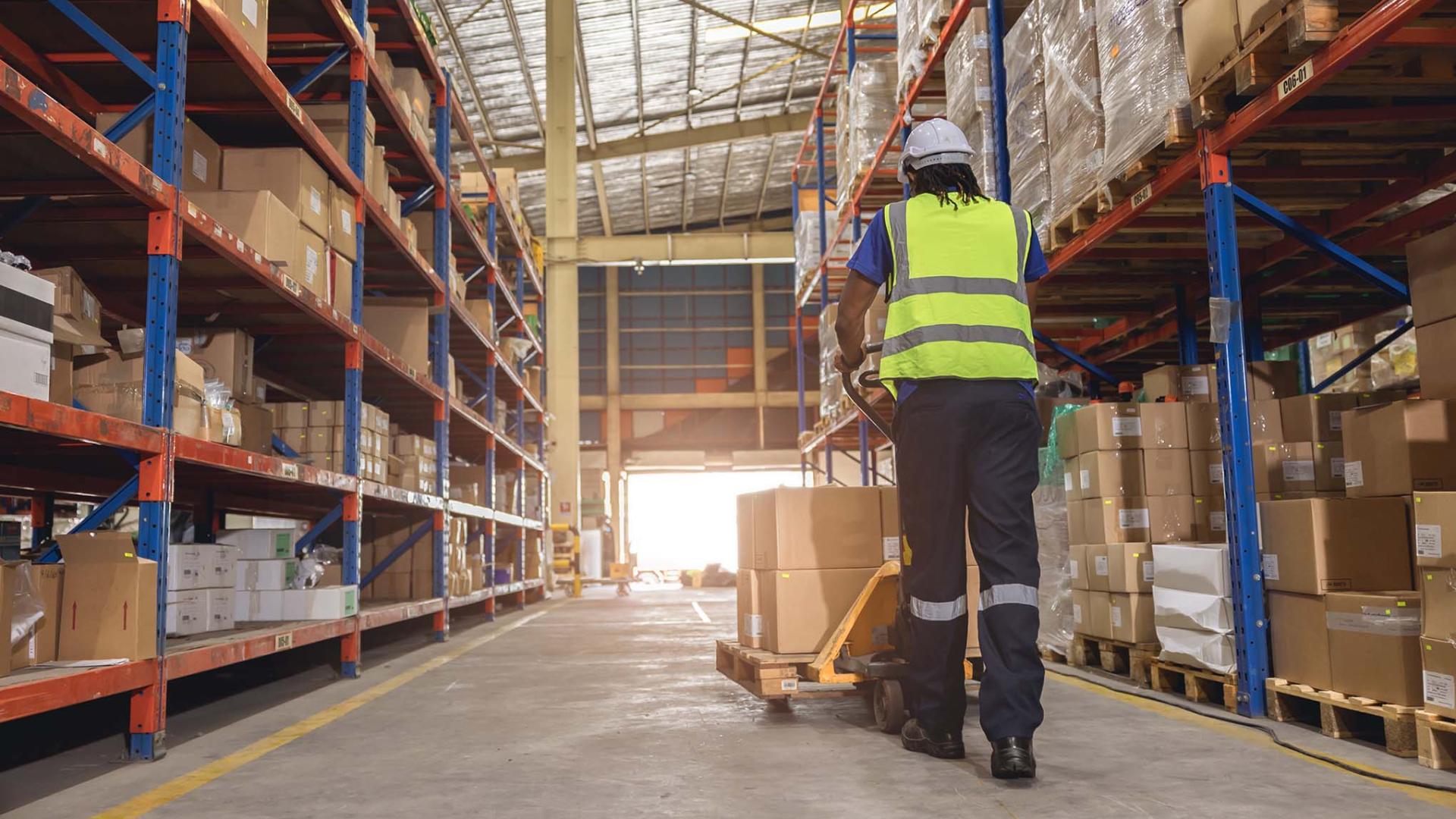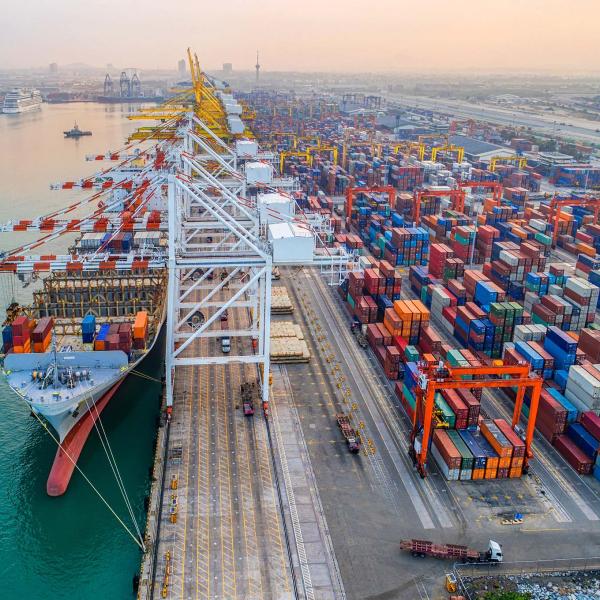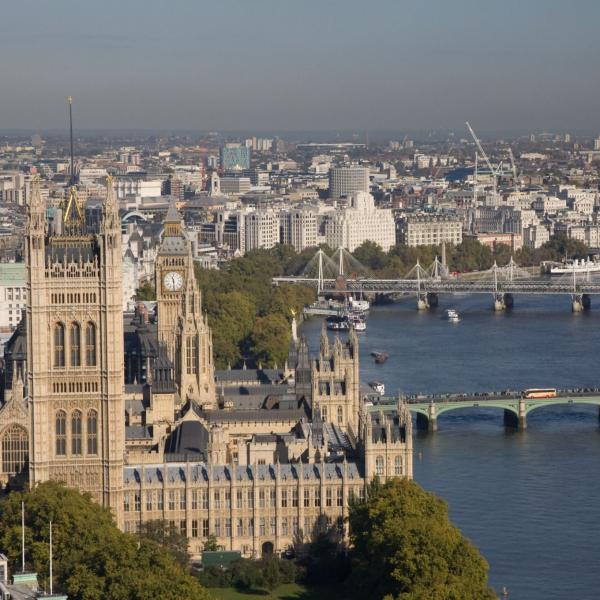Is the era of tax avoidance by multinational corporations over? Multinationals can get away with avoiding a lot of tax - potentially up to $240 billion, depending on estimates. Last year, however, 135 countries, led by the Organisation for Economic Cooperation and Development (OECD) reached an agreement that aims to stop it. This agreement has been hailed as ‘ground-breaking’ and a feat of international cooperation. But how will it work, and how effective will it be?
Double Irish Dutch sandwich with a side of chips
In order to get multinationals to stop avoiding tax, you need to understand how the system for taxing companies works, and how multinationals can exploit it. Companies, large and small, are meant to pay tax on their profits (in the UK, at a rate of 19%). Multinationals (which are companies that operate in more than one, and sometimes hundreds of countries), are effectively split up into a different company (or ‘subsidiary’) in every country they work in. Each country that the multinational operates has the right to tax the multinational’s subsidiary in their country. In a globalised and digitised age, it is increasingly difficult however to neatly split up profits made by multinationals into their different subsidiaries.
For example, a YouTube video that is watched by someone in Ethiopia may be created by someone in France, sponsored by a German company, hosted in a data centre in Kenya, and running on technology created by Google in the US. Which country should get to tax the profit? The complex nature of assigning profits to countries has given multinationals loopholes to artificially ‘shift profits’ to countries with low corporate tax rates.
Multinationals aren’t exactly keen to share how exactly they shift profits, but there are a few common methods. One way is to move ‘intellectual property’ to a country with a low tax rate. For example, Google’s search engine algorithm was developed in California, but was for years legally owned by Google’s subsidiary in Ireland, which would then ‘licence’ it out to other subsidiaries at a hefty price. Other subsidiaries in high tax countries would pay licensing fees to Google Ireland, resulting in profits from high tax countries being shifted to low tax Ireland. Alternatively, Google Ireland might make a loan to its other subsidiaries, but charge a high rate of interest; wiping out profits in high tax countries. In reality, multinationals use a complicated mixture of these methods, passing through multiple countries, with fun names such as the ‘single malt’ and the infamous ‘double Irish and a Dutch sandwich’.
Dealing with each issue one by one creates a ‘whack-a-mole’ situation - as soon as one tax loophole is closed, multinationals find another, and have the incentive to do so as long as some countries have high tax rates and some countries have low tax rates. The OECD’s goal is not to identify loopholes one by one, but rather to effectively get rid of countries with low tax rates, by mandating a 15% minimum tax.
How will the rules work?
Under the OECD’s rules, multinationals will have to prove that they pay at least a 15% tax rate in each and every country they operate in. As an example, say that Nair Industries is headquartered in the UK, and has subsidiaries in France and Bermuda. Before shifting its profits around, it makes £2 billion in profit in France, and £2 billion profit in the UK, and nothing in Bermuda. Through various means, it shifts £1 billion from the UK to Bermuda. It will pay a tax rate of 25% on its French profits, 19% on its artificially lowered UK profits, and 0% on its profits that were artificially shifted to Bermuda. By shifting profits from the relatively high tax UK, to zero tax Bermuda, Nair Industries has saved £190 million.
Under the OECD’s rules, Nair Industries will now have to tell the French government (as it is headquartered in France) its profits and taxes paid in all three countries. France will then check whether it has paid at least a 15% tax rate in all three countries. It has not done so in Bermuda. The French government will then charge Nair Industries a ‘top-up tax’, that brings the tax rate on profits in Bermuda up to 15%. In this case, the French government gets 15% of £1 billion, or £150 million.
This may seem unfair to the UK. After all, the profits were shifted to Bermuda from the UK, but France gets to keep the additional tax revenue from a top-up tax. The goal here, however, is to make profit shifting less attractive. Nair Industries may decide that it's not worth all the effort and bad publicity to shift profits that are taxed in the UK at 19%, to Bermuda where they are effectively now taxed at 15%. Instead, it will keep its profits in the UK and the UK taxpayer benefits. In an ideal world, the top-up tax would never be used, but the mere threat of it should deter profit shifting.
It should be stressed that this is a really, really simple example. The actual rulebook runs to hundreds of pages, partly to address borderline cases (for example, Saudi Arabia does not even have a corporate tax system, and instead has a tax system that is based on Islamic principles), and partly to address foreseeable loopholes (in the above example, Nair Industries could change its headquarters to Bermuda to avoid the top-up tax, but in that case the rules would require France and the UK to coordinate on a top-up tax).
There have also been some compromises. Some countries, such as Ethiopia, have policies that offer multinationals low tax rates if they invest in Ethiopia. Ethiopia is not a tax haven - multinationals are not artificially shifting paper profits to Ethiopia - but many multinationals pay very little tax in Ethiopia as a result of its investment policies. The OECD wants to stop profit shifting, but is more relaxed about low tax rates designed to attract genuine investment (also known as ‘tax competition’). As a result, multinationals will get a discount on their top-up tax for having a large number of employees and fixed assets (think factories, machinery, etc.) in a low tax country.
How much money will it raise?
The OECD estimates it will raise $220 billion in revenue globally, per year, equivalent to around a 5% increase in corporate tax revenues. The UK has expected it will get between £2-4 billion. This is quite small (about 0.4% of total government revenue), which partly reflects the fact that corporate tax only contributes 7.4% of total government revenue. These numbers may turn out to be higher if the reforms give countries the breathing room to raise tax rates. If the threat of multinationals shifting profits to tax havens is lower, countries may find it makes sense to raise the tax rates on multinationals.
The end of tax avoidance?
Some commentators have hailed this as the end of tax avoidance. The reforms are indeed likely to make tax avoidance substantially less viable. But even the OECD concedes that some tax avoidance will happen. Large multinationals may still decide that it is worthwhile to shift profits from a country with a 30% tax rate to a country with a 15% tax rate. The rules may have also created unforeseen loopholes that will only be discovered over time.
The reforms also add a substantial amount of complexity to what is already an existing tax system. Developing countries, who will likely benefit the least from additional revenues from the minimum tax, will struggle the most with the additional administrative burden of the new rules. With the draft rules already almost stretching to a thousand pages, perhaps the real winners are the tax lawyers.











